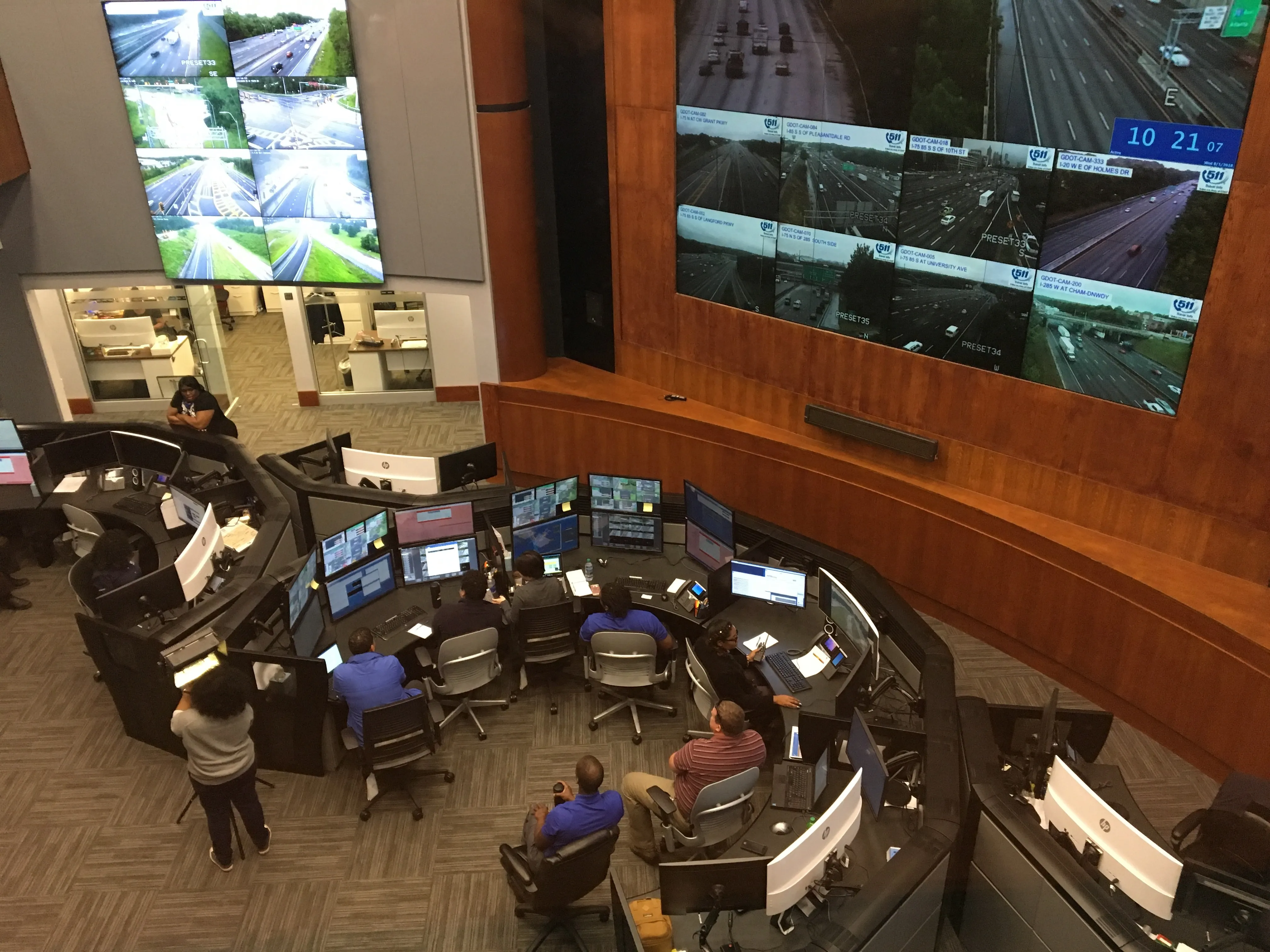
Air mobility specialist Wisk Aero has partnered with Japan Airlines (JAL) to bring Wisk’s autonomous all-electric air taxi services to Japan.
Regulatory requirements, safety measures and community benefit will all be discussed by the two, in cooperation with the Japanese Civil Aviation Bureau (JCAB).
Wisk’s sixth generation electric vertical take-off and landing (eVTOL) aircraft will require type certification approval in Japan and an Air Operators Certificate in the country for fleet operations to be launched in future.
The partners will work together to develop a path to a demonstration flight in Japanese airspace.
Wisk and JAL Engineering (Jalec) will develop plans for the maintenance and operation of the air taxis.
Brian Yutko, CEO of Wisk, says: "We look forward to working together to bring autonomous everyday flight to Japan and to further advancing advanced air mobility in the broader APAC region.”
"In Japan, the introduction of autonomous air travel is developing and we strongly feel that this partnership with Wisk is the first step towards the development of the next generation of safe air mobility in Japan,” says Ryo Tamura, CEO of Jalec.
Catherine MacGowan, Wisk’s APAC regional director, adds: “Japan represents a large, densely populated market where air taxi services can provide real, positive impact for local communities."
Headquartered in the San Francisco Bay Area, Wisk is backed by The Boeing Company and Kitty Hawk Corporation.










